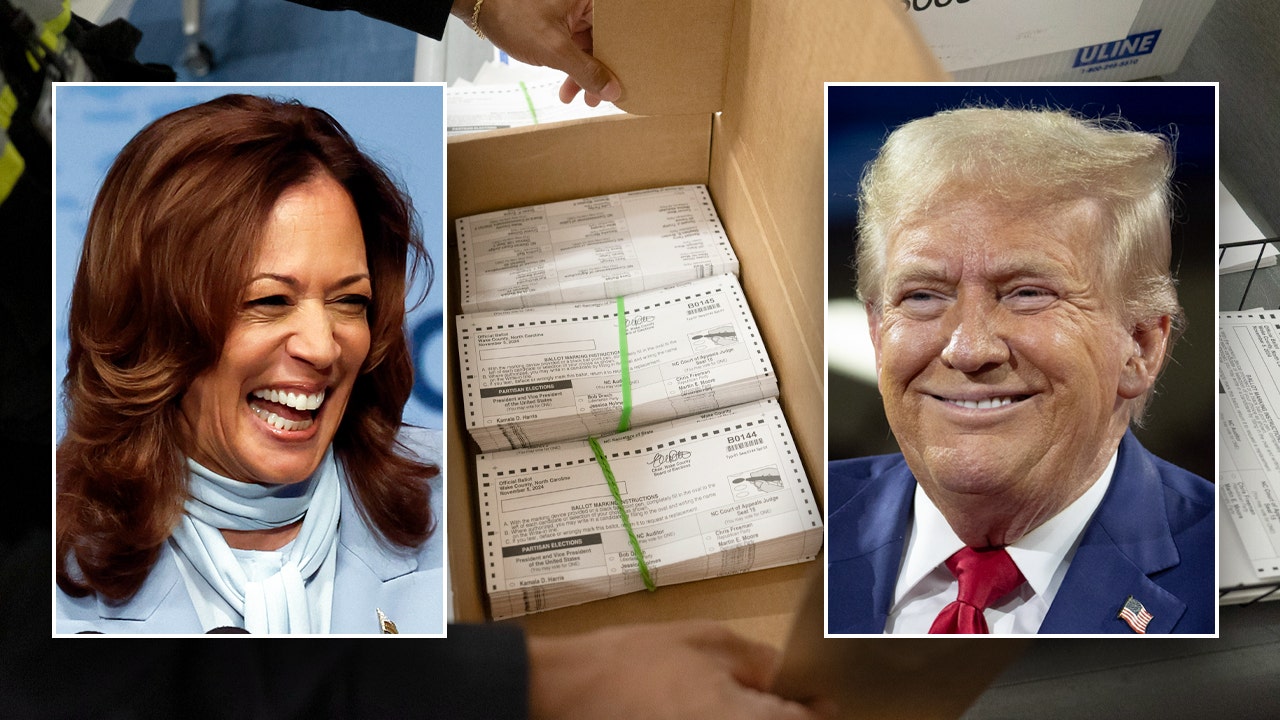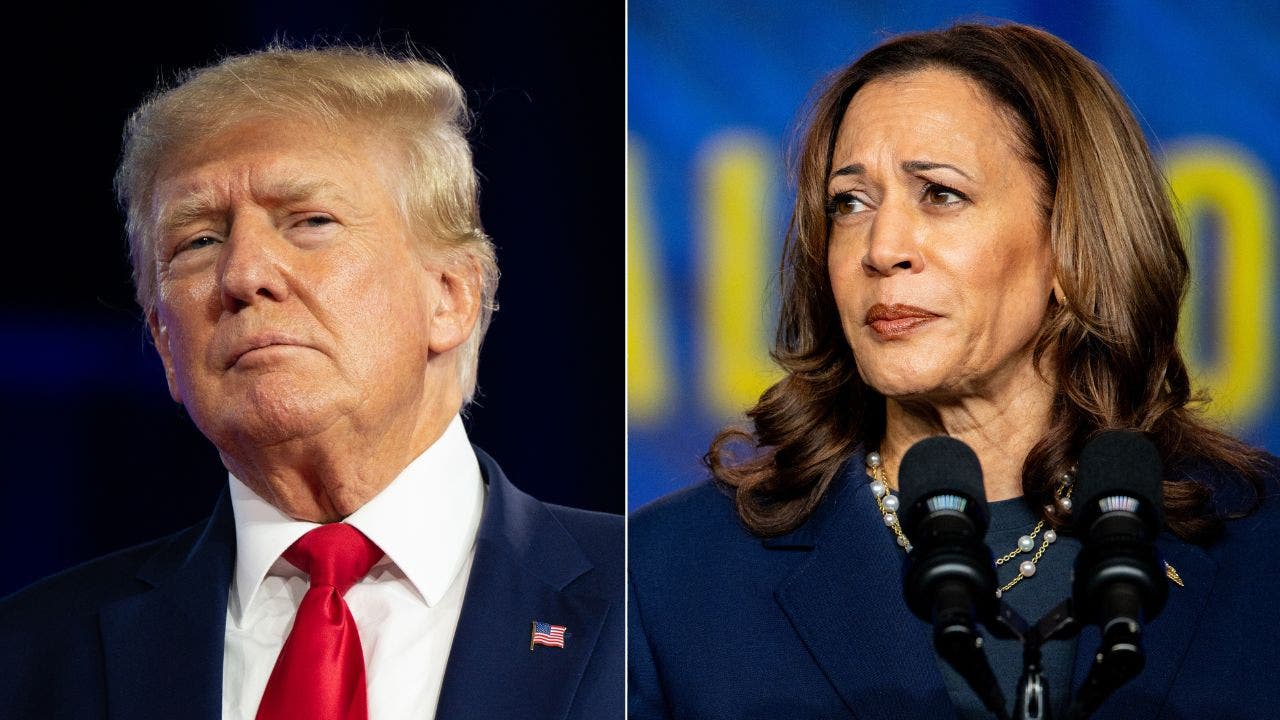A divided appeals court said in a late-night ruling that a controversial Texas immigration law cannot go into effect as the state appeals a ruling that blocked it.
The Fifth Circuit Court of Appeals handed down the 2-1 ruling regarding Senate Bill 4 on Tuesday night, just a week after it had previously blocked the law, which – if enforced – would allow law enforcement in Texas to arrest suspected illegal immigrants and allow state judges to deport them. The court noted that this tends to be the jurisdiction of the federal government.
“The broadest exercise of federal discretion is the Executive’s decision not to pursue either civilly or criminally the very noncitizens whom Texas has drawn a bead upon in enacting new state laws. The discretion to pursue these same noncitizens likely lies exclusively with the Executive,” Chief Judge Priscilla Richman wrote.
She cited a 2023 U.S. v. Texas case in which the Lone Star State and neighboring Louisiana challenged the Biden Administration’s guidelines regarding the arrest and removal of non-citizens, reiterating the authority lies with the Executive Branch.
Groups of migrants of different nationalities arrive at the Rio Grande, to cross it and surrender to the American authorities. (Photo by Christian Torres/Anadolu via Getty Images)
For months, Texas has made urgent appeals to judges that the state cannot afford to wait for tougher border measures.
APPEALS COURT TO ALLOW TEXAS IMMIGRATION LAW THAT CRIMINALIZES ILLEGAL MIGRANT CROSSINGS
Migrants wait to be processed by the U.S. Customs and Border Patrol after they crossed the Rio Grande and entered the U.S. from Mexico, Oct. 19, 2023, in Eagle Pass, Texas. (AP Photo/Eric Gay, File)
Once in custody, migrants could either agree to a Texas judge’s order to leave the U.S. or be prosecuted on misdemeanor charges of illegal entry. The law says they are to be sent to ports of entry along the U.S.-Mexico border, even if they are not Mexican citizens. Migrants who do not leave could face arrest again under more serious felony charges.
In court, Texas has argued the law mirrors the U.S. government’s immigration enforcement. The Justice Department has argued that it is a clear violation of federal authority and would create chaos at the border.
Texas Gov. Greg Abbott at the U.S.-Mexico border. (Twitter/Greg Abbott)
Richman and Judge Irma Carrillo Ramirez voted to block the law, while Judge Andrew Oldham voted for it to go into effect.
Richman and Oldham are Republican appointees, while Ramirez was appointed by President Biden.
The Associated Press contributed to this report.




